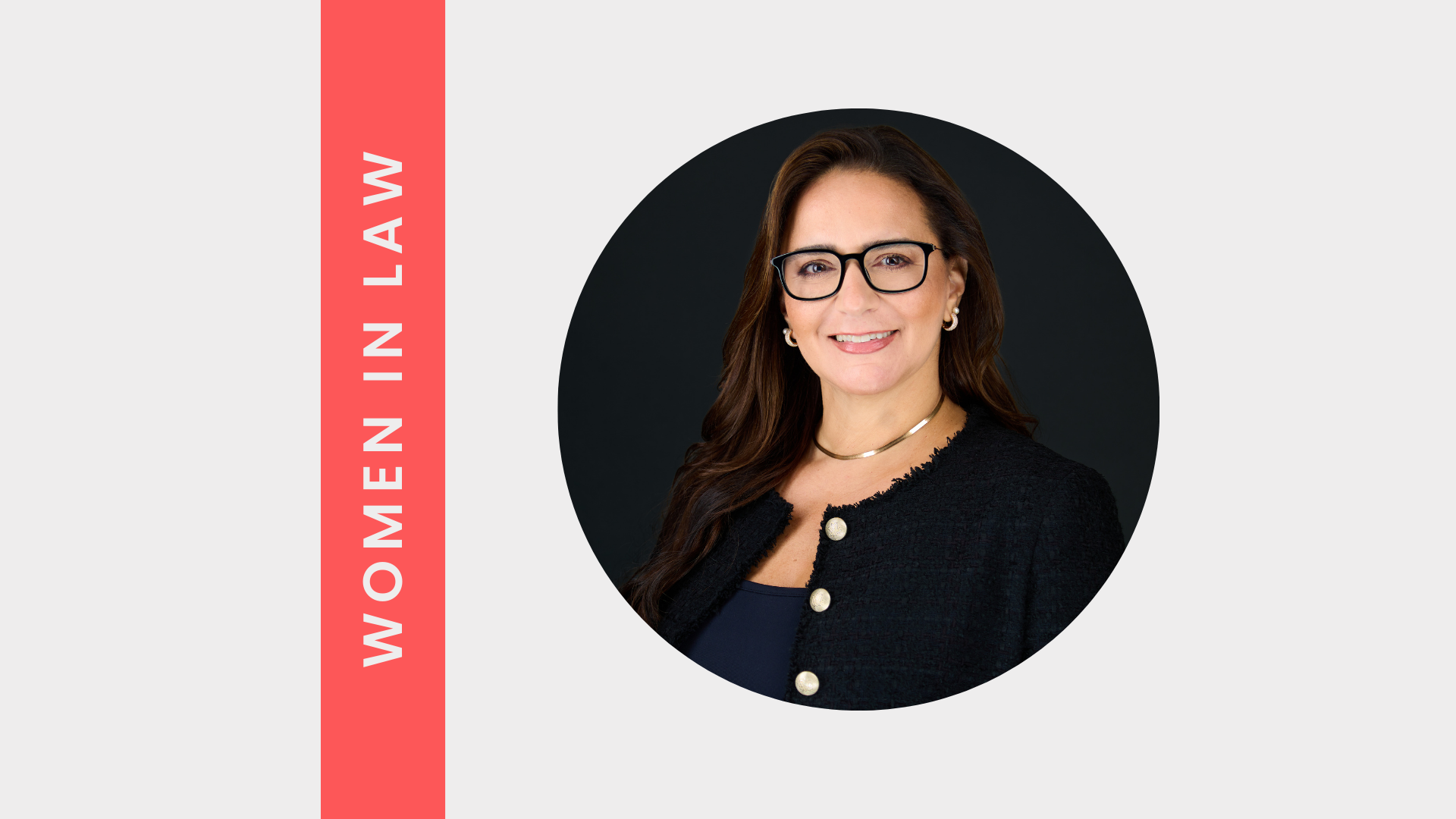Inspiring Business Women: Connie Leung
–
Looking back on your career, what are some key moments that have helped you get to where you are today?
During the summer holidays when I was in high school, I started volunteering and joined an outreach service, where I organised activities for mentally disabled kids and coaching junior students on exploring their careers. Those are moments I keep with me till this very day and I still volunteer regularly because I find it very meaningful.
A second standout experience was when I did a summer internship at a computer software house while in Polytechnic, where I worked on coding maintenance on mainframe programs. I hated that because I was only given a section of the code without an opportunity to see the bigger picture. Being able to know what I was passionate about and what I was not, was, and continues to be instrumental in my progression.
Fast-forwarding to the beginning of my career, I joined a newly set up computer software house as its third employee and saw it grow to a 35 people company before it was acquired by an American company as a subsidiary. To my surprise, my new boss told me that there were no Senior VP positions in the company for a woman. While I was enjoying my work, that pretty much marked the end of my career there, and I had to think hard about what I wanted and had to make a decision. Ultimately, my decision to quit was truly a turning point of my career.
Another key moment was when Microsoft headhunted me while I was at SWIFT. When you’re not expecting to make a move and an opportunity presents itself, you really have to think twice. I ended up taking that leap and it has proven to be the best decision I have ever made. Joining a company that aligns with your own passion is exhilarating – we can meaningfully impact organisations and people together. I have been enjoying the journey so far, and the culmination of all these experiences have made me who I am today.
–
It seems like you have made a fair amount of tough decisions in your career, how do you prepare yourself to deal with all these changes?
Life itself is a challenging journey with change at its core. As someone who is generally not afraid of change, I still find it challenging from time to time to adapt to the sheer amount of changes I find myself in.
Having said that, change has led me to where I am, so I can’t complain. I think my adventurous spirit of “never say never” and curiosity enables me to see change in a positive light. It has made it easier for me to make these decisions. Also, with the perspective of seeing my cup as always half full versus half empty has helped me personally, because you won’t know what’s possible if you don’t give it a try.
–
Have you had any mentors in your career, and have you been a mentor yourself?
I do and I am quite lucky to have found mentors in both my personal and professional lives. I have two mentors within Microsoft, both females from our Seattle headquarters.
My first mentor actually lived in Asia before, so she understands my culture and is the perfect mentor. She is also the one who interviewed me, and this has made it easy for me to connect with Microsoft’s corporate perspective. She also gave me a lot of tips and advice on how to be a successful female leader. My other mentor isn’t from my team but was involved in Asia strategy, which provides a different perspective that I have often found to be quite useful.
On the other hand, I am also a mentor myself. At Microsoft, I have taken part in the mentorship program, where people can come to me and ask me anything, from public speaking and presentation skills to tips on how to sign and close deals. In my personal time, I’m an Alumni mentor at my high school, and mentored a Form 4 student. I’ve always enjoyed talking to teenagers, to coach them with exploring their careers and sharing our experiences.
When our mentorship finished, my mentee gave me a book on how to talk to teenagers; it was really useful because that was when my kids were becoming teenagers, and it offered me a lot of valuable insights. People may think that mentorship is all about the mentor helping the mentee but it’s actually a two-way street.
–
In your experience, what are the benefits of diverse teams and diverse organisations?
Microsoft’s vision is to empower every person and organisation to achieve more, and having a diverse workforce allows us to better understand the community that we serve. With diversity, you will have fewer silos and more views and ideas to help you better create and innovate. Having diverse and inclusive teams also means that people’s voices are heard, and cultures are respected, allowing everyone to bring their A-game to work.
At the Singapore FinTech festival two years ago, our keynote speaker, who was visually impaired, was on stage talking about how Seeing AI helps the blind community better their lives with technology. He talked about technology as an equaliser, and I could not agree more. When it comes to D&I, it’s not just about ensuring we have a diverse workforce, but also about creating technology that embraces and supports our diverse community, so being diverse ourselves is just a first step in that journey.
–
Having to manage such culturally diverse teams, does it affect your management style?
Because I work with all types of people, I always ensure I have an open mind and visualise each individual’s strengths and weaknesses and embrace that. It is also important to have an understanding that different cultures value things differently. For example, in Asia, we have a more relationship-based culture that values respect and seniority. Therefore, when it comes to making decisions or deciding who to approach, all these factors need to be considered. At the same time, we need to make sure we’re all collaborating, that we have our priorities and objectives aligned so everyone can work in harmony and not be in conflict.
–
Do you think the new way of working (remote working) opened up any new challenges?
Yes and no. Remote working in a way facilitates interaction because it puts everyone on an equal, virtual playing field, where most new challenges can be addressed using different technology tools. For example, it might be challenging to find a spot to speak when you have 10+ people in a Teams meeting but having the “raise hand” button allows people to speak without having to fight for the spot.
Of course, working remotely also removes the physical interaction element, which is why we need to be mindful about connecting more often. Personally, I have adjusted my monthly meetings to bi-weekly, each with a slightly shorter time. The increased frequency is going to help bridge the physical gap.
–
Do you have any advice in maintaining a work-life balance while working from home?
Rather than work-life balance, to me, it has been more about having a balanced life. It starts with our mindset - having clear priorities and staying focused on what’s important. I have two kids and a demanding job, so I know I’d need help. No one is perfect and we all have our limitations, so it’s important to know what we can do and what we can’t and ask for help. I’ve been working remotely even before COVID because of my long hours, so this is not a particularly huge change for me.
What’s changed is that I am no longer the only one working from home, as my daughters are also working from home. That’s something a lot of us go through, so what we can do is to control what we can and leave the rest. For example, I converted my rooftop from a storeroom into a study room and bought an extra WIFI to ensure coverage in every corner of the house. On the other hand, my daughters have regular lunch breaks from school, but I don’t as my lunch time is dependent on my schedule of the day. We don’t always get to have lunch together and that’s alright, we just have to work out that balance.
There was one time where I worked 17 hours non-stop in a day, which made me realise that it wasn’t working. After a moment of self-reflection, I decided to take some time off. So while I was at home, I avoided taking any calls or responding to emails. A lot of people think that because you are working from home you don’t have to take time off since you can’t go anywhere, but it is important to take some breaks. I also look at my work analytics (another Microsoft tool) which tells me how much downtime I have each week. Taking care of our own mental health is something we need to be doing constantly.
–
Do you have any particular advice for young women looking to make a career in your industry?
Don’t be afraid to change the status quo, challenge yourself and live outside your comfort zone. If you don’t challenge yourself, you won’t know what you are capable of. Choose a job that you are passionate about, work hard, and always give your best. Leave behind the things you cannot control, and you’ll find your life’s balance.
It’s also important to look up to good leaders and learn from them. Make sure to network and associate yourself with people who can give you good advice and positive energy. Join a company that matches with your vision would allow you to grow and be exposed to diversity – this will expand your network and help you learn from your peers. Lastly, constantly self-reflect on what’s working, what’s not, and stay focused.
Our latest insights







